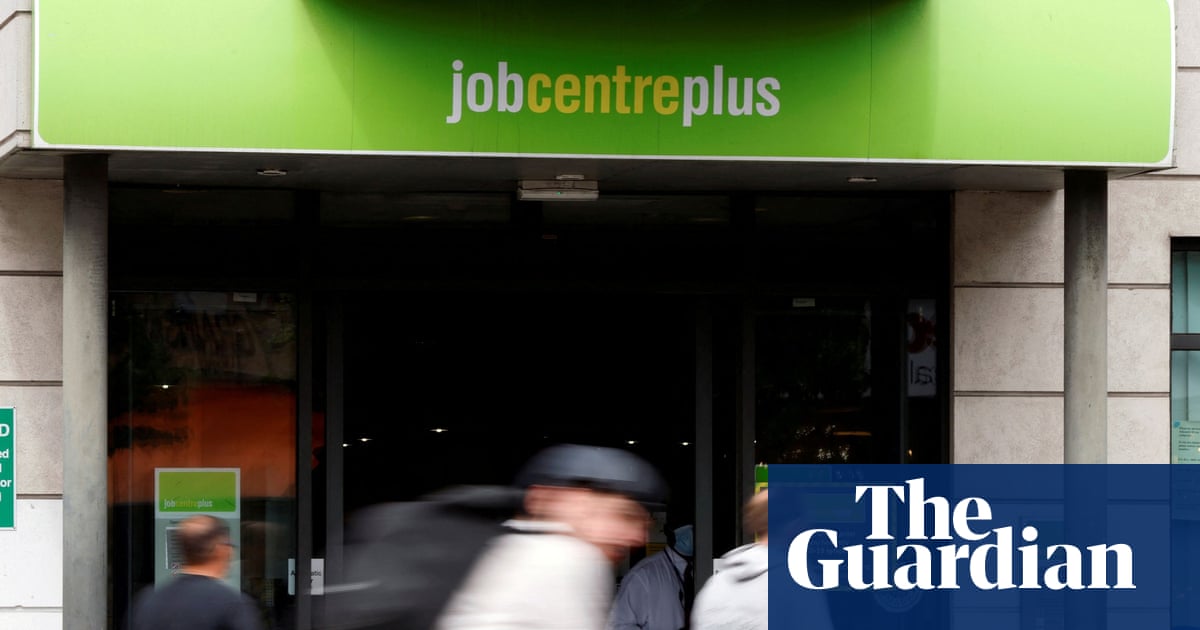
"There are significant implications from the latest unemployment figures showing a rise from 4.8% in August to 5.0% in September, not least for the 1.8 million people it directly affects. Rachel Reeves will be mulling over how to avoid depressing the economy and putting even more people out of work while raising tens of billions of pounds in extra tax in her upcoming budget."
"Another indication of the weakening picture was a fall in average wage increases to 4.8% (including bonuses) in September, from 5% in August, coupled with a flash estimate for October indicating that wage growth could slow to as little as 3.1%. The Bank of England has watched the labour market throughout this year, and while it has acknowledged rising unemployment, the message has been clear that more jobs need to be lost before the central bank makes another move to cut interest rates."
Unemployment rose from 4.8% in August to 5.0% in September, impacting about 1.8 million people. The chancellor faces a trade-off between raising tens of billions in tax and avoiding policies that further weaken employment incentives. Employers have complained about rising employment costs, and a planned rise in the minimum wage could reduce job opportunities. Average wage growth weakened to 4.8% in September with a flash October estimate of 3.1%. The Bank of England is monitoring the labour market and signals that more job losses may be needed before it cuts interest rates, making a December rate cut likely.
Read at www.theguardian.com
Unable to calculate read time
Collection
[
|
...
]